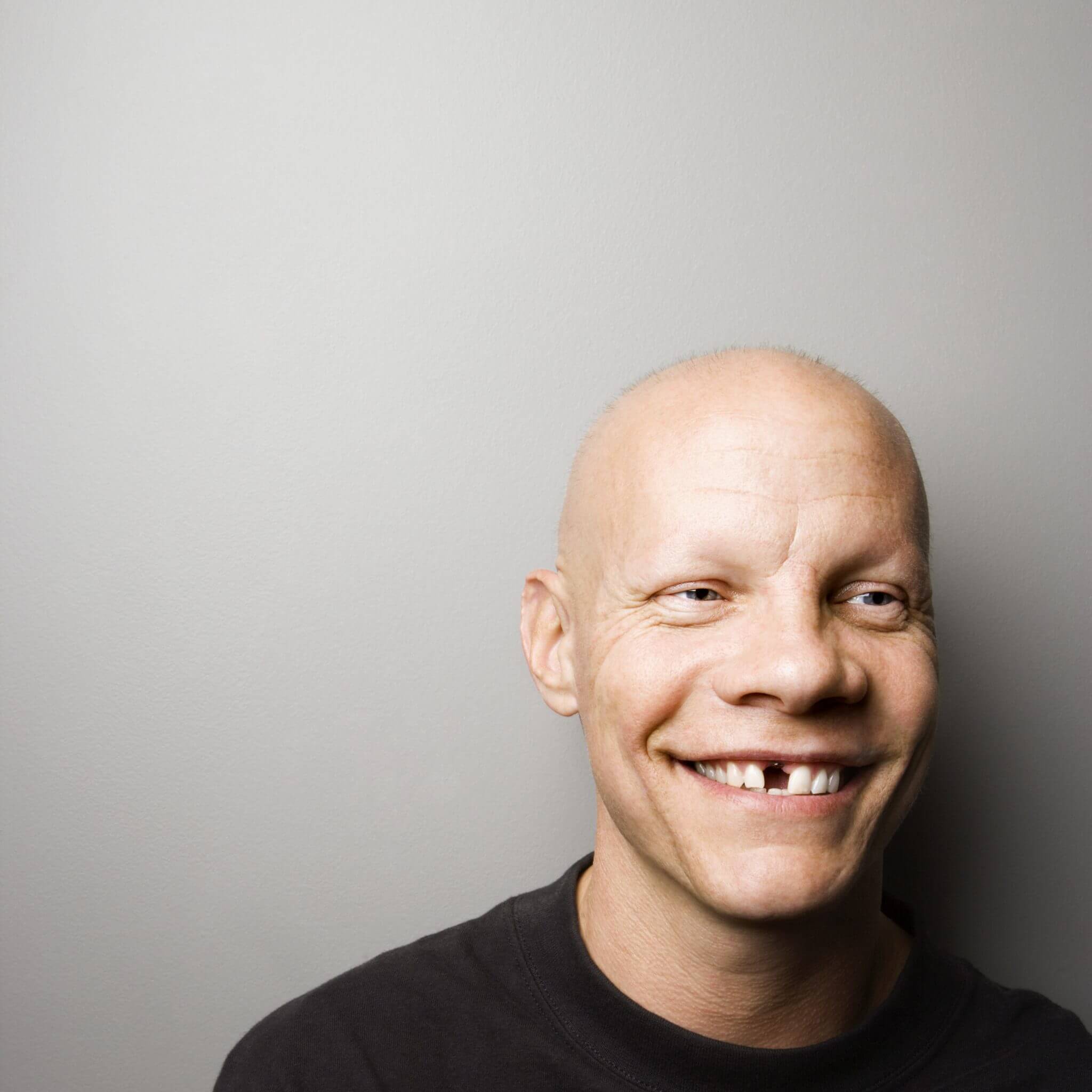The Dental Effects of Gastric Reflux
GERD (gastroesophageal reflux disease) is a problem that affects many people around the world. It is usually just brushed off as a bad case of heartburn. In fact, in some developing countries, people see it as a minor inconvenience that can be solved by drinking a few glasses of water and don’t even bother taking antacids. Others live on antacids and avoid changing their diet to stop this detriment to their long-term health.
GERD and Our Dental Health
Dr. Hauser tells his patients that our oral and overall health goes hand in hand. With regard to GERD, this type of systemic condition is something that he is unable to treat. He advises his patients to seek out a specialist who can prescribe a treatment plan to remedy this critical situation.
Because it is such a common disease, many cases of GERD go untreated, except for a few doses of antacids people believe is sufficient. However, this can lead to many severe complications, which includes esophageal cancer and missing teeth.
Our gastric juices aid in the digestion of food. However, in cases where a weak esophageal sphincter is unable to contain them, they can gain entry to the esophagus, causing angina-like pain. Please note that discomfort is not the only problem it brings.
People with chronic GERD will notice teeth changes over a period of time. This is due to the demineralization of the enamel, caused by the high acid content of the gastric juices. Since enamel is the strong exoskeleton that protects the teeth, a person with GERD that is left untreated will have yellowish teeth, as dentin will begin to show through.
Losing Enamel Means Cavities and Decay Will Follow
Teeth that lose their first line of defense (enamel) are more prone to caries formation. This is because dentin is softer and more porous. This gives bacteria a better chance at reaching the pulp and infection the tooth from the inside.
The teeth’s surface will feel rough, as you can feel when running a tongue over them. It may even have “catches” that can irritate the tongue. This is one of the earliest signs of demineralization and should be cause for concern.
What Dr. Hauser Can Do: Dental Treatment for GERD
Dental therapy for people with GERD will vary, based on the severity of the condition. Some people will require only conservative procedures, while others may need oral prosthetics if they have missing teeth. Restorative therapy is necessary for people who suffer from GERD. This may include tooth fillings, or in severe cases, crowns and dentures.
However, please note that dental treatment will not solve the problem. The patient who has GERD must take the prescribed medicine and adhere to any lifestyle changes suggested by his or her physician.
Dr. Hauser reminds his GERD patients about the importance of treating this problem from within to prevent erosion and missing teeth. While one can protect teeth with crowns, there is no dental technology available to shield the soft tissues from the gastric juices.
It’s been well-known to increase the amount of healthy, fresh vegetables in one’s diet and remove sugar and fried foods. This helps build your body’s immune system and cuts down on a significant amount of GERD symptoms. Juicing is an extremely popular way to get the nutrition your body needs, too.
If you are suffering GERD and require dental treatment, come visit the Inland Empire’s most recommended restorative specialist. You can set an appointment online or call Lakefront Family Dentistry at (951) 244-9495.






